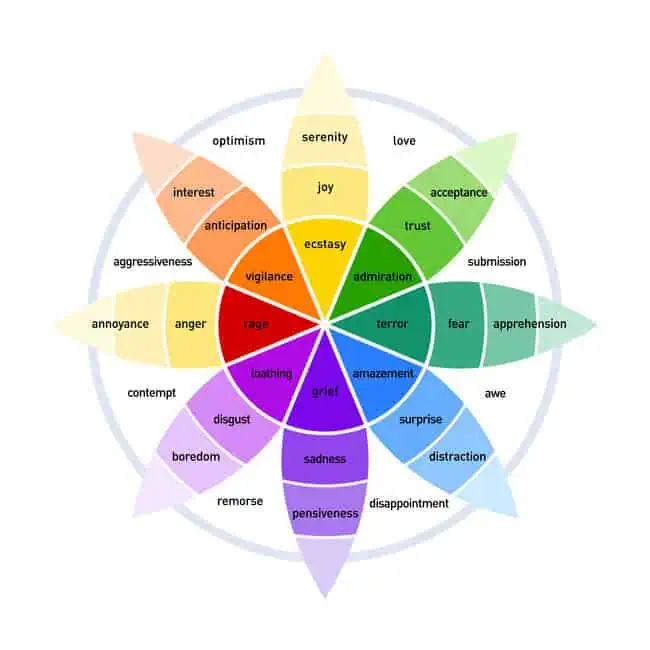Have you ever heard someone raving about the keto diet? You may be curious about this trendy way of eating but also a little unsure. The key to understanding the keto diet lies in a metabolic state called ketosis. Let’s break down what ketosis is, the potential benefits it offers, and the side effects to consider.
What is Ketosis?
Normally, your body’s favorite fuel source is glucose, which comes from carbohydrates. But when you drastically reduce carbs, your body goes into a metabolic shift called Ketosis. In this state, your liver starts churning out ketones produced from fat. These ketones then become your main source of energy.
Think of it like this: imagine your body is a car. Usually, it runs on gasoline (glucose from carbs). But with ketosis, it switches to burning fat (ketones) for fuel.
Potential Benefits of Ketosis
So, why would you want your body to switch fuel sources? Here’s where things get interesting. Ketosis might offer some advantages:
- Weight Loss is a big reason many people try keto. By restricting carbs, you may feel less hungry, potentially leading to fewer calories overall. Additionally, burning fat for energy can contribute to weight loss.
- Blood Sugar Management: Ketosis might be helpful for people with type 2 diabetes or prediabetes. Since ketones don’t require insulin for the body to use them, blood sugar levels may become more stable.
- Improved Brain Function: Some research suggests that ketones might be an alternative energy source for the brain, especially beneficial for people with neurological conditions like epilepsy.
- Reduced Appetite: Feeling constantly hungry can be a struggle. Ketosis might help regulate hormones that control hunger, leading to feeling fuller for longer.
It’s important to note that while these benefits sound promising, more research is needed to fully understand ketosis’s long-term effects.
Side Effects of Ketosis
While ketosis can have its perks, it’s not without potential drawbacks:
- The Keto Flu refers to flu-like symptoms some people experience when starting keto. Headaches, fatigue, and nausea are common. These usually subside within a few days or weeks as your body adjusts.
- Digestive Issues: Switching to a high-fat, low-carb diet can cause constipation and diarrhea. Staying hydrated and focusing on getting enough fiber from low-carb vegetables is crucial.
- Nutrient Deficiencies: The keto diet can be restrictive, potentially leading to deficiencies in vitamins and minerals. Taking supplements and ensuring a variety of low-carb vegetables can help.
- Bad Breath: This is a common side effect due to the breakdown of certain fats during ketosis. Drinking plenty of water and practicing good oral hygiene can help.
Ketosis isn’t a one-size-fits-all approach. It’s wise to consult with a doctor or registered dietitian before starting keto, especially if you have any underlying health conditions.
More About Ketosis
While we’ve covered the basics, there’s more to ketosis than meets the eye. Let’s delve deeper into some aspects you might be curious about:
Different Paths to Ketosis
There’s no single way to reach ketosis. Here are two common approaches:
- The Ketogenic Diet involves drastically reducing your carb intake (typically below 50 grams daily) while increasing healthy fats and moderate protein.
- Ketosis Fasting involves alternating periods of eating with periods of fasting. Various protocols exist, such as the 16/8 method (fasting for 16 hours and eating within an 8-hour window).
Consulting with a healthcare professional before drastic dietary changes is crucial, especially with fasting protocols.
Levels of Ketosis
Ketosis isn’t an on/off switch. There are varying degrees measured by the amount of ketones in your blood. Testing strips or a blood ketone meter can help you gauge your level. However, these tools are only sometimes necessary.
Focusing on your feelings and monitoring results like weight loss or blood sugar control can also be helpful.
Keto and Exercise
Can you exercise on keto? Absolutely! Some people even report feeling more energized during workouts while in ketosis. However, it’s important to listen to your body.
Initially, you might experience some fatigue as your body adjusts to using fat for fuel. Be patient, and gradually increase exercise intensity as you adapt.
Here’s a tip: Electrolyte imbalance can occur during ketosis, potentially leading to muscle cramps. Make sure to replenish electrolytes with low-carb drinks or supplements, especially if you’re active.
Sustainability and Long-Term Effects
Keto can be a powerful tool, but it’s only sometimes sustainable for everyone. The restrictive nature can be challenging to maintain in the long term. Consider a cyclical approach, incorporating periods of eating more carbs to prevent feeling deprived.
The long-term effects of keto are still being researched. Some studies suggest potential benefits for heart health and certain neurological conditions. However, more data is needed to understand the complete picture.
Keto: Making an Informed Choice
Ultimately, the decision of whether or not to try ketosis is a personal one. By understanding the potential benefits, side effects, and different approaches, you can make an informed choice that aligns with your health goals and lifestyle.
Remember: Be bold and seek professional guidance. A doctor or registered dietitian can help you determine if ketosis is safe for you and create a personalized plan for success. They can also provide ongoing support as you navigate this unique metabolic state.
Keto: Right for You?
So, is ketosis the magic bullet for everyone? Not necessarily. If you’re considering keto, here are some things to keep in mind:
- Keto can be challenging to maintain long-term. The strict carb restrictions might be difficult for some people to stick with.
- It’s not a quick fix. Results take time and commitment. Plenty of healthy ways to lose weight don’t involve ketosis.
- It may not be suitable for everyone. People with certain health conditions, pregnant or breastfeeding women, and individuals with kidney disease should avoid keto.
Final Thoughts
Ketosis is a fascinating metabolic state with potential benefits and drawbacks. If you’re curious about trying keto, talk to your doctor or a registered dietitian to see if it’s the right fit for you. They can help you create a safe and personalized plan to explore ketosis and its potential impact on your health.
Ready to explore ways to optimize your health? Book an appointment with us here at Holistic Earthling. Our team of qualified professionals can help you navigate the world of nutrition and create a plan that supports your well-being. Join our Ketosis Group for more connections with us and our members!





